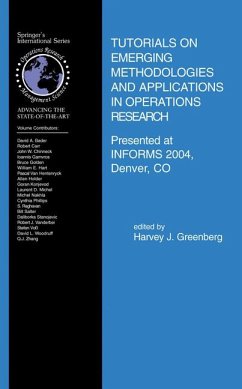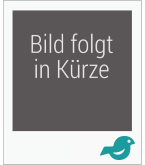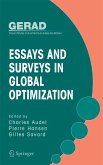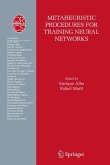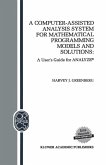The primary purpose of TUTORIALS ON EMERGING METHODOLOGIES AND APPLICATIONS IN OPERATIONS RESEARCH is to provide a reference for practitioners and academics who seek a clear, concise presentation of developing methodologies, hence providing themselves with the capability to apply these methods to new problems. The field of Operations Research is always changing. Its changes are driven by the technology it uses and that it extends, and the applications that it affects. Relevant changes in the field have a permanent effect on the conduct of OR and are vital to anyone who wants to be current in the field.
Each chapter presents a new developing methodology in Operations Research. Each chapter examines each topic with clarity and depth, and organizes the examination around the following questions: (1) What the developing methodology basically is about? (2) Why is it important? and (3)Where can I learn more?
Dieser Download kann aus rechtlichen Gründen nur mit Rechnungsadresse in A, B, BG, CY, CZ, D, DK, EW, E, FIN, F, GR, HR, H, IRL, I, LT, L, LR, M, NL, PL, P, R, S, SLO, SK ausgeliefert werden.
Hinweis: Dieser Artikel kann nur an eine deutsche Lieferadresse ausgeliefert werden.

